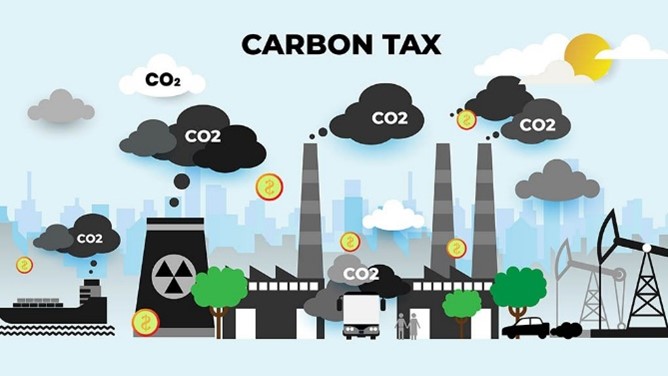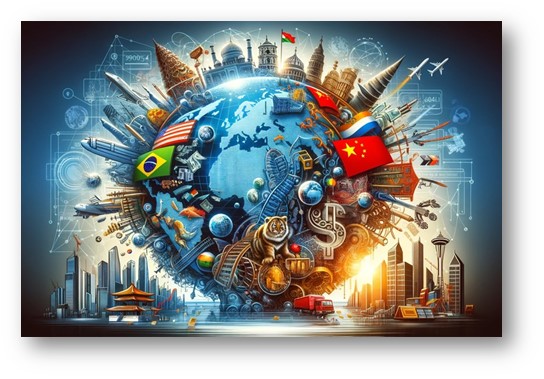Populism and Its Impact on International Relations

Populism and Its Impact on International Relations
by vivienne 03:49pm Jan 10, 2025
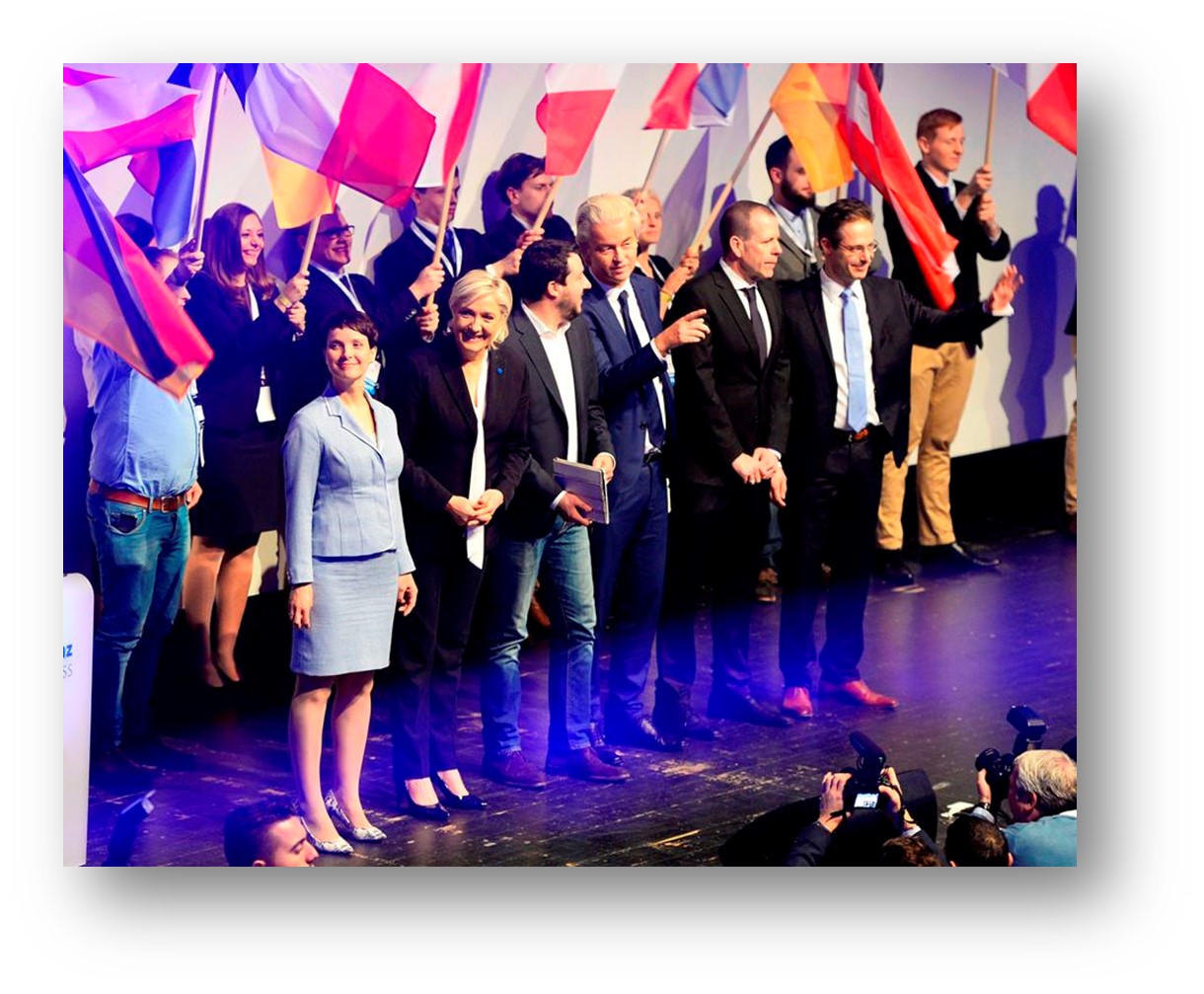
Populism and Its Impact on International Relations
Populism, often characterized by its appeal to "the people" against a perceived elite, has surged across the globe over the past two decades. This political phenomenon has had significant ramifications, not only within countries but also in the sphere of international relations. To understand how populism impacts global dynamics, it is essential to explore its core principles, the factors driving its rise, and the consequences it has on international policies, alliances, and institutions.
1. Defining Populism
Populism is generally defined as a political approach that seeks to mobilize the general public against an elite establishment. It often emphasizes:
Anti-establishment rhetoric: Populists claim that the elites (politicians, corporations, or global institutions) have betrayed "the people."
Nationalism: Populist leaders frequently promote a strong sense of national identity, often leading to protectionist economic policies and a more isolationist foreign policy stance.
Simplistic solutions: Populist movements tend to offer straightforward solutions to complex social and economic problems, often blaming outsiders (e.g., immigrants, foreign governments, or supranational organizations).

2. Causes of Populism’s Rise
Several factors have contributed to the rise of populism globally:
Economic Inequality: Growing disparities in wealth and income have left many feeling left behind by globalization, leading them to support populist figures who promise to prioritize domestic interests.
Cultural Backlash: In many countries, especially in the West, there is a sense of cultural displacement due to immigration, multiculturalism, and social liberalization. Populists capitalize on these anxieties, promising to protect national identity.
Globalization: The perception that globalization has benefited the elite more than the average citizen has fueled discontent. Populists argue for the return of jobs, industries, and control from international bodies.
Distrust in Institutions: A declining trust in traditional institutions—such as the media, judiciary, and international organizations—creates fertile ground for populist leaders to exploit.
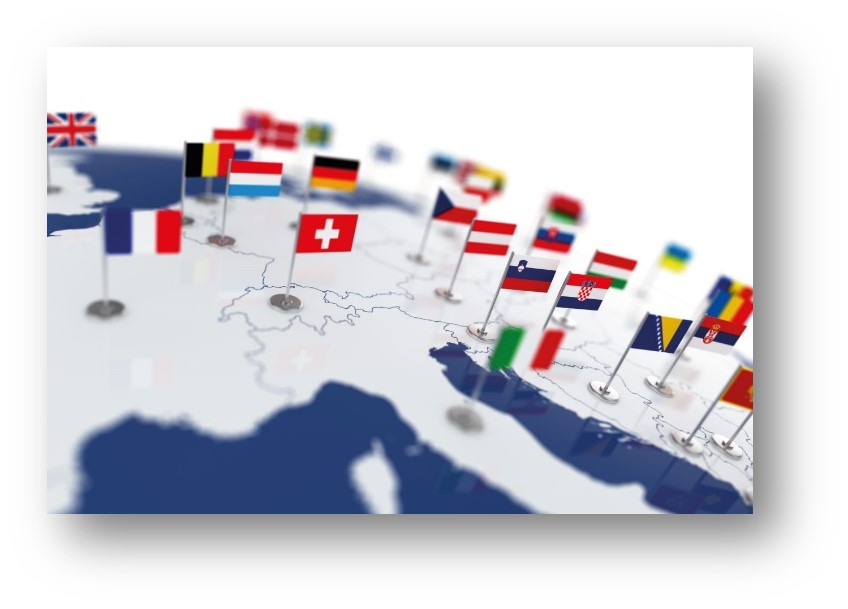
3. Populism’s Impact on International Relations
Populism has had far-reaching implications for how states interact with one another, affecting trade, diplomacy, security alliances, and global governance.
a. Erosion of Multilateralism
Populist leaders often reject multilateral institutions, like the United Nations, the European Union, or the World Trade Organization, viewing them as threats to national sovereignty. This shift has led to:
Withdrawal from international agreements: For instance, the United States, under former President Donald Trump, withdrew from the Paris Climate Agreement and the Trans-Pacific Partnership, while the United Kingdom's Brexit decision was heavily driven by populist sentiment.
Reduced cooperation on global challenges: Populist governments may prioritize domestic agendas over collaborative efforts to address climate change, pandemics, or refugee crises, making international solutions more difficult to achieve.
b. Nationalism and Protectionism
Populist governments often adopt protectionist economic policies aimed at shielding domestic industries from foreign competition. The consequences include:
Trade wars and tariffs: For example, the U.S.-China trade war under the Trump administration was partly driven by populist rhetoric to protect American jobs.
Strain on international trade: Protectionism can disrupt global supply chains, leading to increased costs and reduced growth for economies worldwide.
c. Security and Defense Policies
Populism can lead to a re-evaluation of defense alliances, as nationalist leaders may view such partnerships as contrary to their "nation-first" policies. This has implications for:
NATO and regional alliances: Populist leaders may question the value of existing defense commitments, potentially weakening collective security frameworks.
Increased military spending: To assert national strength, some populist regimes prioritize military build-up, which can lead to arms races and regional tensions.
d. Immigration and Refugee Policies
One of the most visible effects of populism has been a tougher stance on immigration:
Border control: Populist governments often implement stricter immigration policies, citing national security and job protection.
Human rights implications: This can lead to violations of international agreements on refugee protection and human rights, as seen in some European countries' responses to the Syrian refugee crisis.
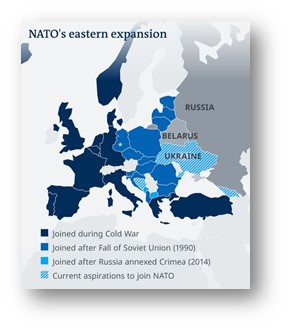
4. Case Studies of Populism in International Relations
a. United States
Under the Trump administration, the U.S. adopted a more unilateral approach, pulling back from international agreements and emphasizing "America First." This led to a cooling of relations with traditional allies and a confrontational stance towards China and Iran.
b. United Kingdom (Brexit)
The UK's decision to leave the European Union was driven largely by populist sentiments around reclaiming national sovereignty and controlling immigration. Brexit has strained the UK's relationship with its European neighbors and raised questions about the future of the EU itself.
c. Hungary and Poland
Both countries have seen populist governments challenging the EU on issues like judicial independence, press freedom, and immigration. This has led to tensions within the bloc, threatening its cohesion and effectiveness.
d. Brazil
Former President Jair Bolsonaro's populist policies included withdrawing from international environmental commitments and taking a confrontational stance against global criticism of deforestation in the Amazon.
5. Potential Future Trends
The rise of populism is unlikely to wane soon, given the underlying economic and social factors driving its popularity. Potential future impacts include:
Greater fragmentation of international institutions: As more countries adopt populist policies, the effectiveness of global institutions could further decline.
Increasing regionalism: With multilateralism on the decline, regional alliances may become more prominent, though these may also be influenced by populist sentiments.
Risk of conflict: Nationalistic rhetoric and protectionist policies can heighten tensions between countries, leading to trade disputes or even military confrontations.
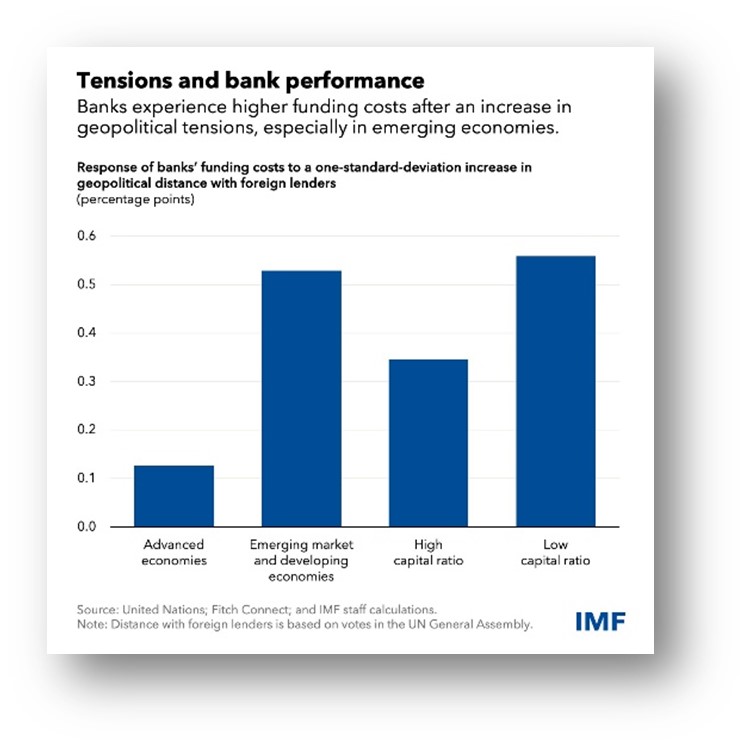
6. Conclusion
Populism represents a fundamental challenge to the established norms of international relations. By prioritizing national interests and rejecting multilateral cooperation, populist movements can undermine the global order built on collaboration and shared values. However, the appeal of populism reflects real grievances that need to be addressed—economic insecurity, cultural displacement, and distrust in elites. For the international community, the challenge will be to find ways to adapt to the rise of populism while preserving the benefits of cooperation and collective problem-solving.



